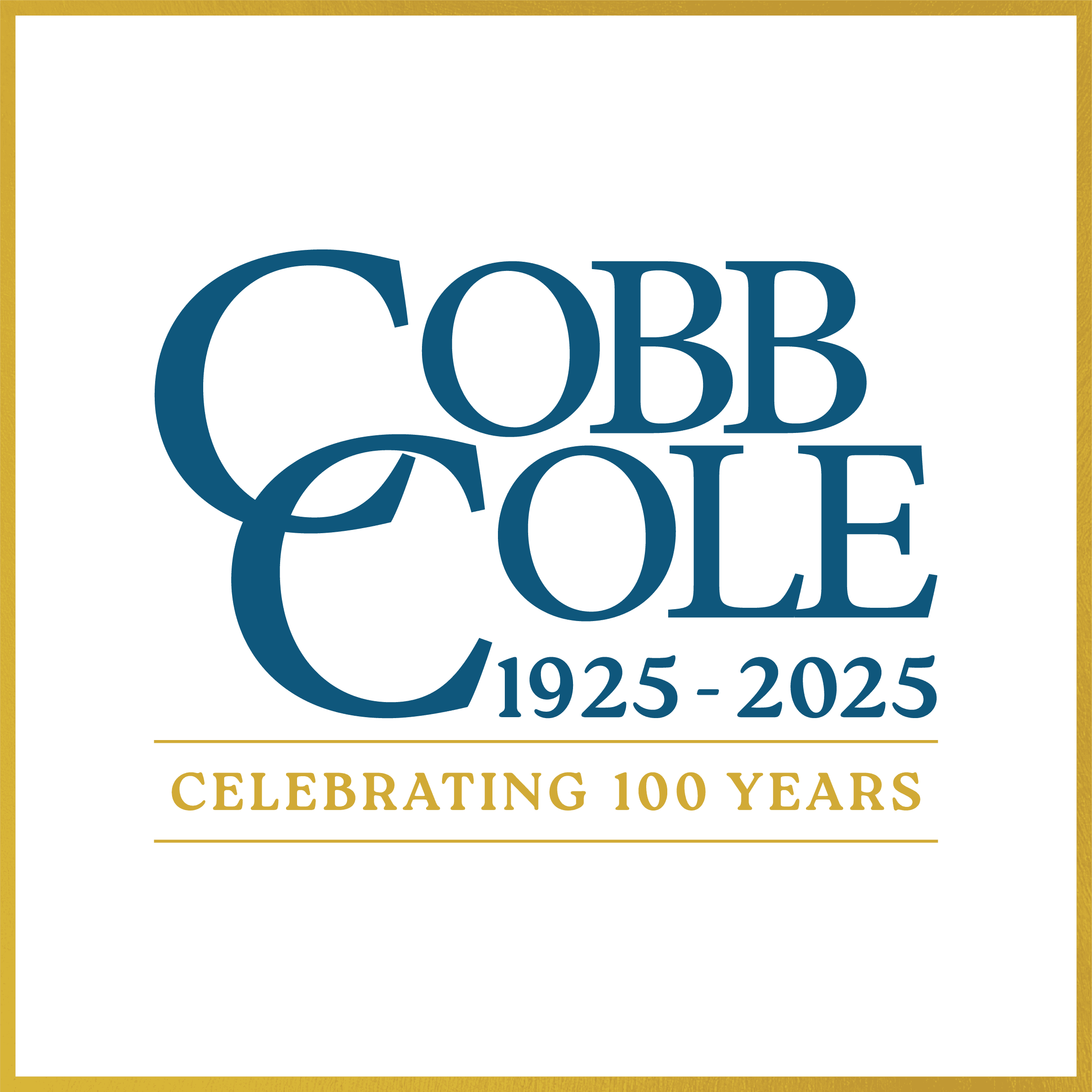Dispute resolution is a field that deals with the handling of disputes between parties. In many cases, it’s preferable to use a non-judicial method of dispute resolution before resorting to the courts. This article will discuss four standard dispute resolution methods: arbitration, mediation, conciliation, and negotiation.
Each has its advantages and disadvantages, but they all serve to resolve disputes in a manner that is more flexible than the court system.
Arbitration
Arbitration is a private, informal method of dispute resolution. It involves a neutral third party called an arbitrator who hears evidence from both sides and decides how to resolve the dispute. The arbitration process may be more informal than a court proceeding. In some cases, this can work in your favor if you’d rather not have all your details aired publicly in front of strangers.
Arbitrators are often lawyers but can also include accountants or retired judges. Arbitrators are chosen by the parties involved in the dispute; if you don’t agree to select one with your partner/employer/client during negotiations, you’ll have to go through a formal appointment process, if needed.
The key difference between arbitration and mediation is that mediators typically try their best to devise solutions, everyone, likes. In contrast, arbitrators tend not to air on the side of fairness for both parties, regardless of the desires of either party involved.
Mediation
Mediation is a voluntary process where a neutral third party helps two people reach an agreement. Mediators use a structured approach to help resolve the dispute between the parties, and they do not make decisions for either party. The term “mediation” may also describe any form of alternative dispute resolution (ADR), including arbitration or collaborative law.
Mediation differs from litigation in that it does not involve a judge or jury, does not take place in court, and generally affects only the parties involved in the dispute. This means there are no formal rules of evidence that apply during mediation. Therefore, you don’t have to worry about objects when something is said against you at trial because you can’t object during mediation.
Conciliation
The third party does not decide for the parties; instead, they help the parties to reach their agreement. The conciliator may suggest solutions, but it is up to you and the other party to devise a deal that works for both of you.
The conciliator will help keep the discussion focused on finding a solution instead of arguing about who was right or wrong, which can be tempting when emotions are high. They also have experience in dispute resolution and may have information about other options you haven’t considered yet.
Negotiation
Negotiation is a tried-and-true approach to solving problems and settling disagreements. It is a process that parties can take control of and manage, which is entirely different from binding arbitration or court. Negotiation involves identifying an issue and working together to find a mutually acceptable solution.
The key to a successful negotiation is being open and transparent with each other, even if it means saying difficult or unpleasant things. Suppose a party feels hesitant or uncertain about the other party’s position or intent. In that case, they need to acknowledge those feelings and work together to overcome them—this will lead to the complete information they need to find mutually acceptable solutions.
Negotiations can be very personal, especially when family members are involved. The parties will have intense feelings, clouding their judgment around issues and problems. The best way to address these family tensions is head-on—acknowledge that they exist and begin problem-solving methods for handling them during negotiations. This will keep the process forward instead of getting stuck at the starting gate.
Negotiation is the most common approach to resolving disputes, and it is less formal than arbitration or mediation and affords parties more flexibility. Effective negotiation can be an alternative to litigation, especially when parties are willing to work together in good faith.
Quick Summary
Here is a summary of the different methods of dispute resolution:
- arbitration. Parties agree to submit their dispute to an arbitrator, who hears both sides and makes a decision. The arbitral award is binding on both parties, who can’t appeal it for at least six months. In some cases, the parties may be able to get out of the arbitration agreement by showing that it was forced or unreasonable—for example, if one party didn’t make concessions in good faith during negotiations.
- mediation. A third party helps both parties agree on their own without going through with court proceedings (although sometimes mediation does lead to litigation). A mediator doesn’t have any legal authority over anyone involved in the case—she just provides information and advice so that everyone can make intelligent decisions about how they want their issue resolved.
- conciliation differs from mediation because conciliators aren’t neutral; they’re former judges or other experts appointed by an employer rather than having been elected by voters like politicians do (they’re technically called arbitrators but still act similarly). Suppose a company has severe disagreements over employee pay rates or benefits packages. In that case, these types of people often step in as part of ongoing efforts toward resolving tensions between management teams.
- negotiation: When two parties struggle to resolve a disagreement, they can use negotiation as an alternative dispute resolution (ADR) technique. Negotiation is less formal and allows the parties flexibility in determining the solution. Negotiation is simply parties identifying an issue and meeting to fix it—they control the process and the solution.
Dispute Resolution Attorney: Conclusion
Dispute resolution methods have been around for a long time and continue to evolve. The most common method of dispute resolution is mediation, but it’s not always the right choice for every case. Several other ways to resolve disputes are becoming increasingly popular over time. Each method has its benefits and drawbacks, so you must know what works best in your situation before deciding how to proceed with your legal matter.
Here at Cobb Cole, our dispute resolution attorneys are ready to help you find a resolution to your legal issues; contact us today to schedule a consultation.

